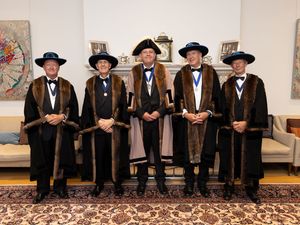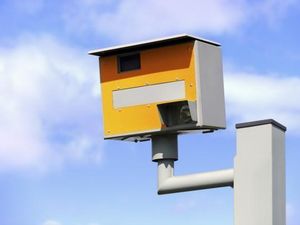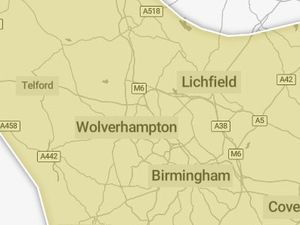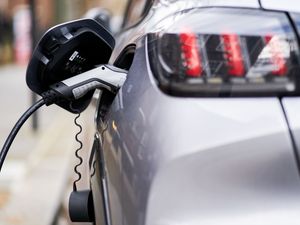Wolverhampton to become electric car charging hotspot
Wolverhampton will soon become electrified as the council looks to install a minimum of 24 electric car charging points in the city centre alone over the next three years.
The charging points will firstly be used by electric taxis that the council is aiming at introducing into the city thanks to a government grant of £478,000.
The money will then be match funded by a private sector partner to expand the scheme.
The total of £956,000 of funding means work can now start in the city on building the infrastructure to facilitate electric vehicles as they become more readily available over the next decade.
The first charging points will be installed in the city centre, in council-run car parks, and also along the streets where the council operates on-street parking areas.
Car parks understood to be currently run by the council include those at the Civic Centre as well as on Fold Street, Broad Street, School Street, Peel Street, Church Lane, Temple Street, Snow Hill, Whitmore Street, Faulkland Street, Oxford Street, Clifton Street, Railway Street and St Peter's car park on Wulfruna Street.
A report going to the council’s Cabinet on Wednesday (September 13) recommends management of the city's electric project is put in the hands of a specialist private partner, who would be responsible for building, operating and marketing the network as well as providing 24/7 service, maintenance and repair.
The funding comes at a time when the government has announced its plan to phase out petrol and diesel cars by 2040.
The widespread introduction of electric cars in the city would have significant environmental benefits, according to the council, such as a reduction in vehicles’ exhaust emissions to help improve air quality, reduced carbon emissions, and a reduction in traffic noise.
Cabinet member for city environment, councillor Steve Evans, said: “We are working closely with the taxi drivers in the city on this project and we are delighted the government's Office for Low Emission Vehicles’ has allowed us to broaden the scheme out for public use.
“Electric vehicles bring many benefits. They improve air quality and public health, make the city more attractive, support the economy of the Midlands, and support innovation and transformation, as well as help reduce carbon emissions.
“The idea of bringing on board a private sector partner also means we don’t anticipate any need to use council funds.”
The news comes at Jaguar Land Rover announced on Thursday that every new model it releases will be electric from 2020, also revealing an electrified model of its E-Type sports car.
The city is also continuing to expand its Midland Metro line. Once completed, the work will enable more people to travel via tram in the city, right up to the train station. Work on the extension of the tram lines is due to be completed by Christmas.





